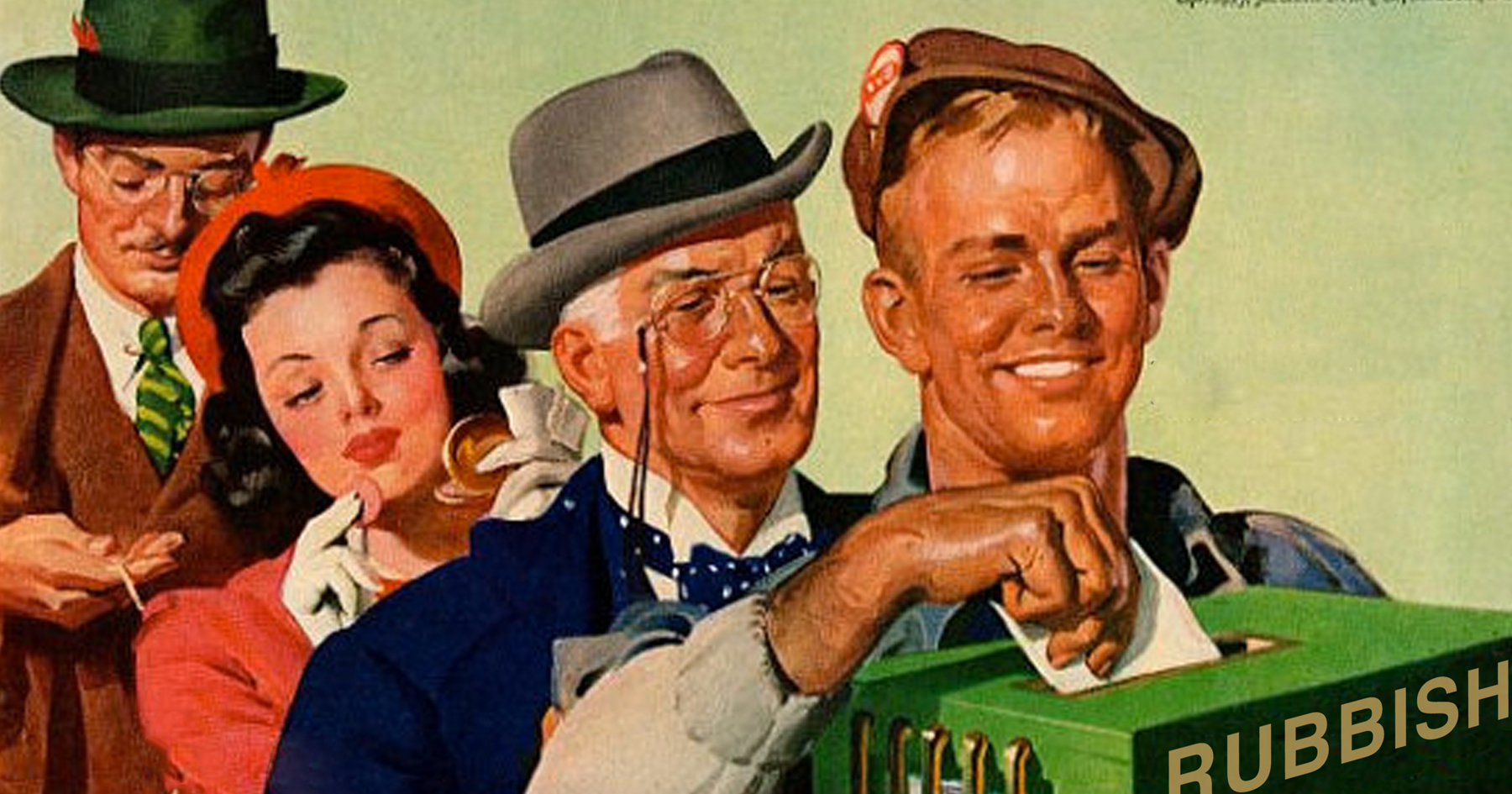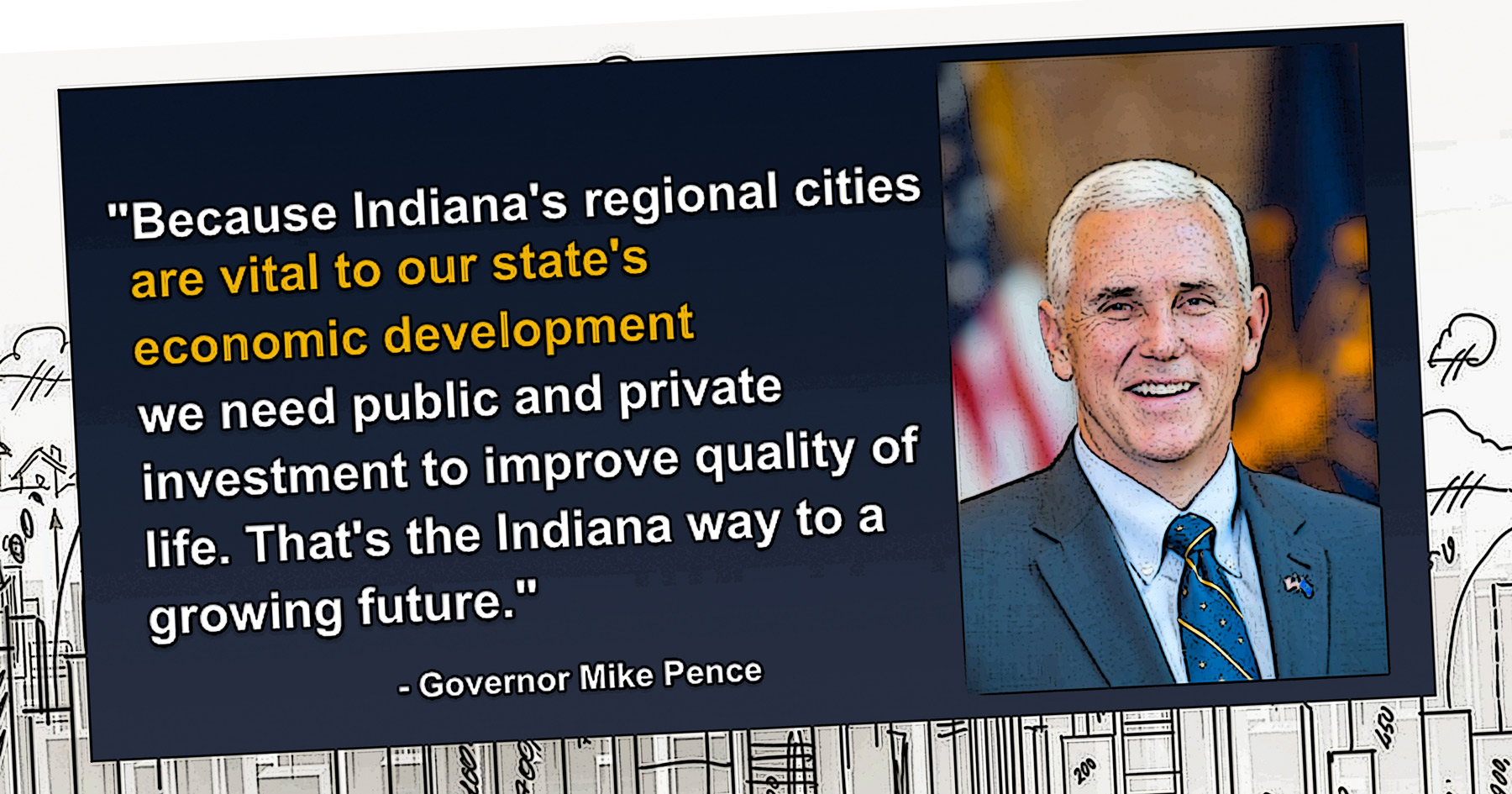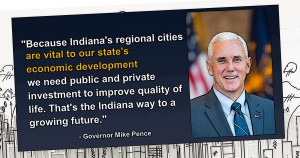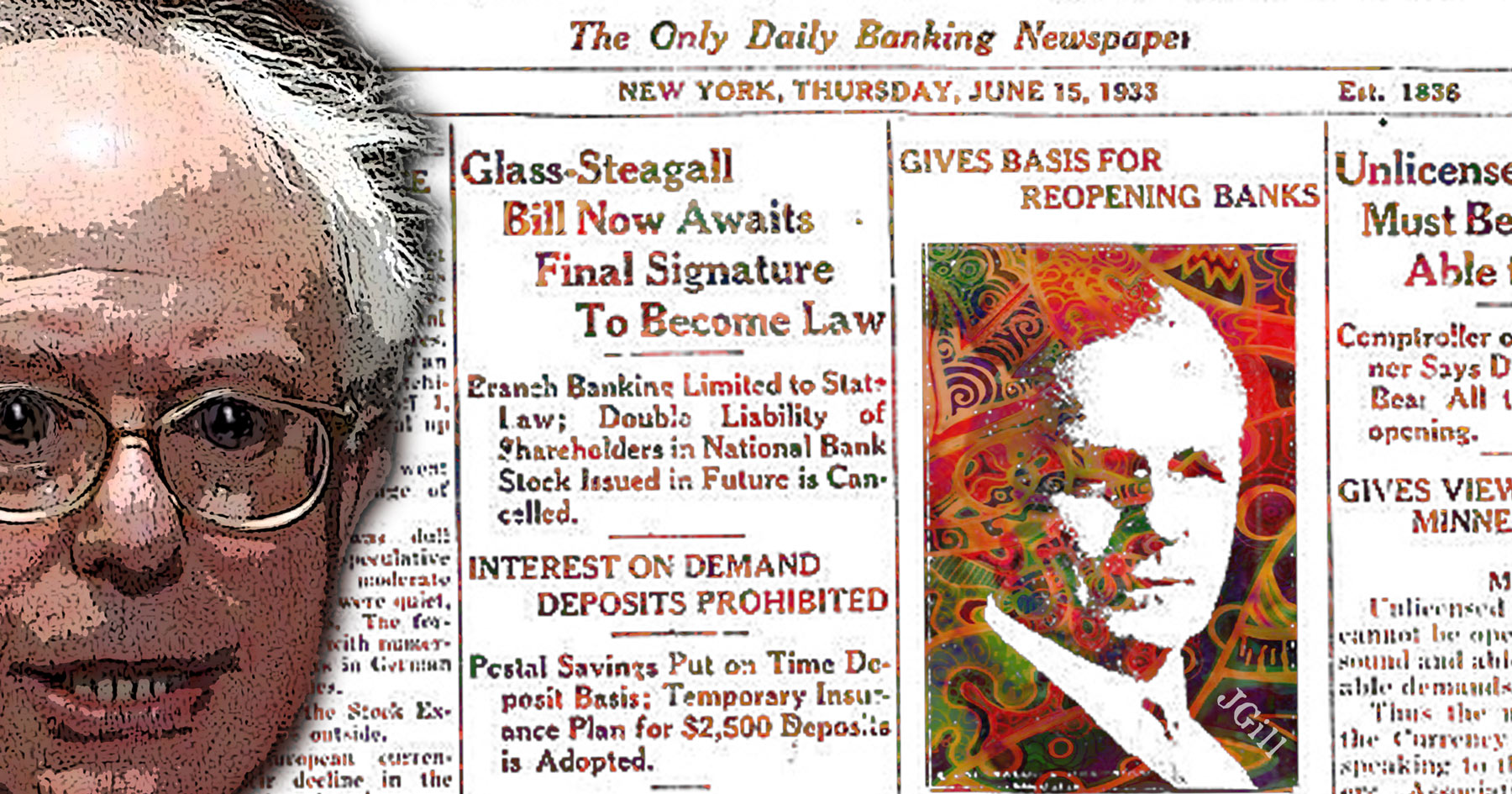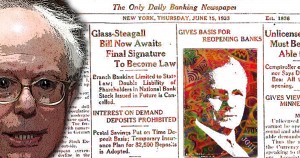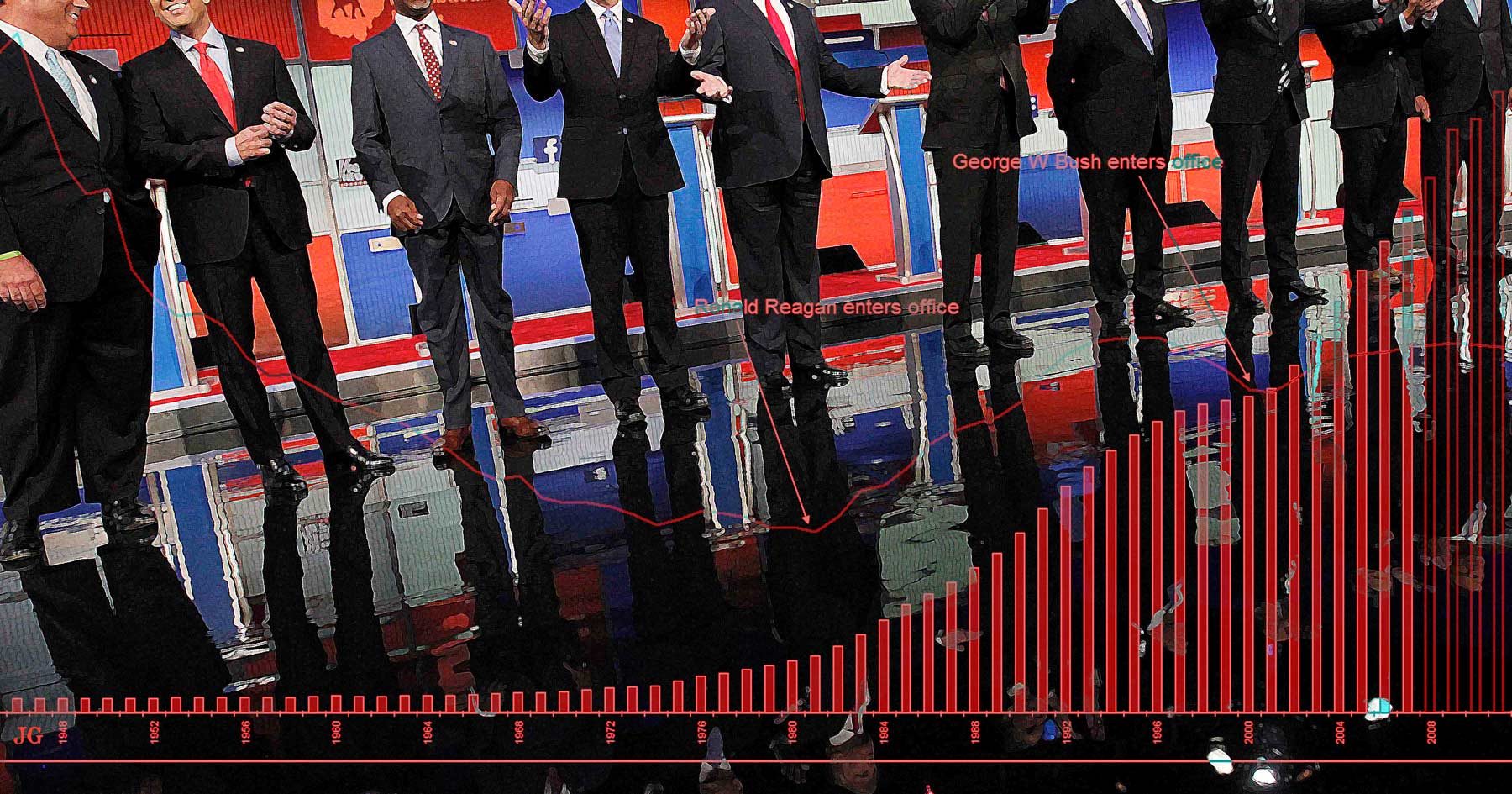The modern age sports an amazing feature that used to be hard to detect, because so drawn out: a shorter-than-ever-before lag between the proposal of some popular inanity and its complete debunking.
It used to take seemingly forever for a bad idea to be shown up, either in argument or evidence. Now it can be a matter of days or even hours. Call it the Buncombe/Debunking Lagtime.
Take the Flint, Michigan, water fiasco.
When the story hit the news cycle, almost immediately the progressive meme machinery began cranking out slogans imposed upon visuals — jpegs and gifs — to the effect that the poisoned water was the result of Republican “austerity” or (even) “libertarian” policy.
Somehow a Democratic mayor was less to blame than a more distant Republican governor, but in the minds of knee-jerk partisans, common sense is not as important as an in-your-face accusation.
But now, days and scant weeks into the story, it turns out that the story behind the story is not merely wrong, but entirely, upside-down wrong. The Flint water fiasco was caused by a stimulus project, and the switch from bad to worse water sources was made to promote “jobs”!
In the words of Reason’s Shikha Dalmia, “the Flint water crisis is the result of a Keynesian stimulus project gone wrong.”
Yes, another failed Big Government policy — just like progressives are always pushing.
And it didn’t take years for the truth to seep out.
Hooray for today’s accelerated history! Now, if we could only decrease the lagtime between lesson given and lesson learned.
This is Common Sense. I’m Paul Jacob.


